
Waterloo, Iowa: A Blend of History and Modern Charm
Welcome to Waterloo, Iowa, a city known for its rich history and vibrant culture. Nestled along the banks of the Cedar River, Waterloo is a perfect blend of historical landmarks and modern attractions. From its early beginnings as a milling town to its current status as a key player in the Midwest, Waterloo offers a unique experience for every traveler. Discover the city's industrial past at the John Deere Tractor & Engine Museum, where you can explore the evolution of farming equipment and its impact on American agriculture. For art enthusiasts, the Waterloo Center for the Arts boasts an impressive collection of regional and global artwork, including one of the largest collections of Haitian art in the nation. Nature lovers will find solace in the Cedar Valley Nature Trail, a scenic pathway that stretches over 50 miles, perfect for hiking, biking, and bird-watching. Meanwhile, the Lost Island Waterpark provides fun for the entire family with thrilling slides and relaxing wave pools. The city's downtown area is a hub of activity, featuring an array of dining, shopping, and entertainment options that cater to all tastes and preferences.
Local tips in Waterloo
- Visit during the summer months to enjoy the Lost Island Waterpark and various outdoor festivals.
- Check out the local farmers' market for fresh produce and handmade crafts.
- Take a guided tour at the John Deere Tractor & Engine Museum for an in-depth look at the history of farming in America.
- Rent a bike and explore the Cedar Valley Nature Trail for a leisurely outdoor experience.
- Make a stop at the Grout Museum District for a comprehensive view of Waterloo's history, science, and culture.
Waterloo, Iowa: A Blend of History and Modern Charm
Welcome to Waterloo, Iowa, a city known for its rich history and vibrant culture. Nestled along the banks of the Cedar River, Waterloo is a perfect blend of historical landmarks and modern attractions. From its early beginnings as a milling town to its current status as a key player in the Midwest, Waterloo offers a unique experience for every traveler. Discover the city's industrial past at the John Deere Tractor & Engine Museum, where you can explore the evolution of farming equipment and its impact on American agriculture. For art enthusiasts, the Waterloo Center for the Arts boasts an impressive collection of regional and global artwork, including one of the largest collections of Haitian art in the nation. Nature lovers will find solace in the Cedar Valley Nature Trail, a scenic pathway that stretches over 50 miles, perfect for hiking, biking, and bird-watching. Meanwhile, the Lost Island Waterpark provides fun for the entire family with thrilling slides and relaxing wave pools. The city's downtown area is a hub of activity, featuring an array of dining, shopping, and entertainment options that cater to all tastes and preferences.
When is the best time to go to Waterloo?
Iconic landmarks you can’t miss
Crossroads Mall
Discover a shopping paradise at Crossroads Mall in Waterloo, Iowa, featuring diverse retail stores, dining, and local culture in a vibrant atmosphere.
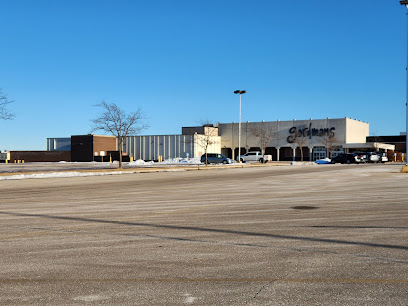
Lost Island Waterpark & Adventure Golf & Go-Karts
Experience a tropical escape in the heart of Iowa with thrilling slides, relaxing pools, and immersive Polynesian theming at Lost Island Waterpark.
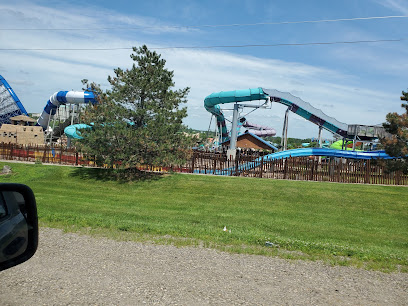
Morg's
A Waterloo institution since 1945, Morg's Diner serves up classic comfort food in a retro setting, famous for its giant pancakes and friendly atmosphere.
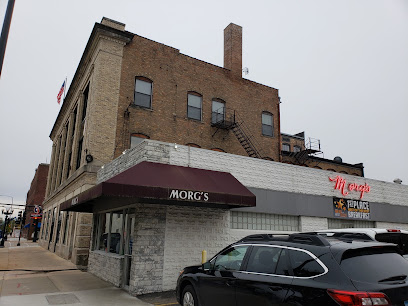
John Deere Tractor & Engine Museum
Discover the legacy of John Deere at the Tractor & Engine Museum in Waterloo, Iowa, exploring the evolution of agricultural machinery and innovation.
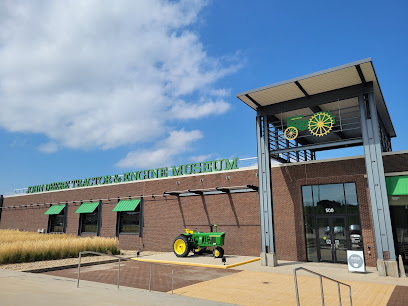
George Wyth State Park
Escape to nature in the heart of Iowa: George Wyth State Park offers lakes, trails, camping, and abundant wildlife near Waterloo and Cedar Falls.
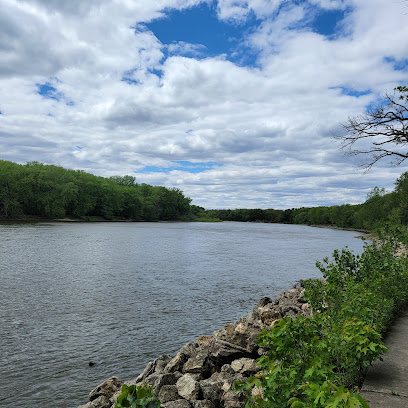
Screaming Eagle American Bar and Grill
Downtown Waterloo's premier destination for American cuisine, live music, and a vibrant atmosphere. Home to Iowa's only true Minnesota Vikings bar!
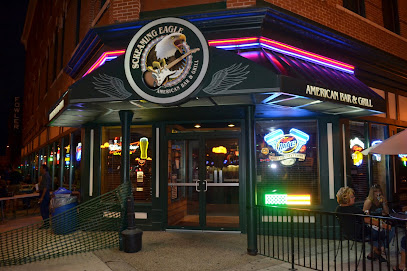
Steamboat Gardens
A Waterloo tradition serving up classic American comfort food in a cozy, family-friendly atmosphere since 1928.
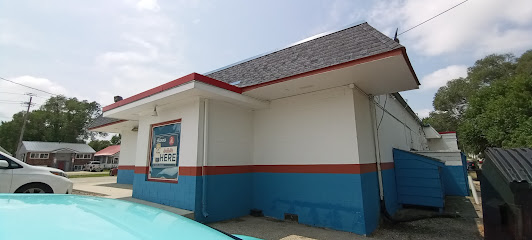
SingleSpeed Brewing Co.
Experience craft beer and delicious food in a revitalized historic Wonder Bread factory. A unique Waterloo destination for beer lovers and community.
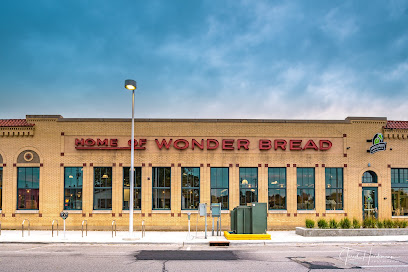
Young Arena
Waterloo's premier multi-purpose arena, home to the Black Hawks, figure skating, wrestling events, and community gatherings since 1994.
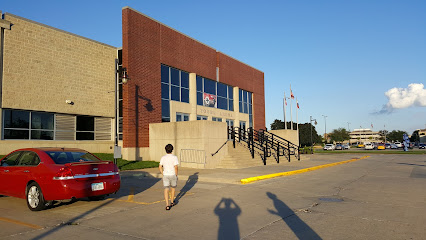
The Other Place
Waterloo's go-to sports bar and grill, serving up delicious homemade pizza and a fun, family-friendly atmosphere for over 45 years.
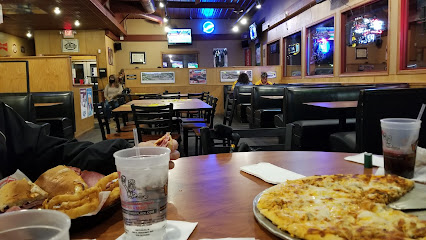
Big Head Burger
Waterloo's Big Head Burger: Dream-inspired burgers, oversized flavors, and a dash of childhood nostalgia on every bite.
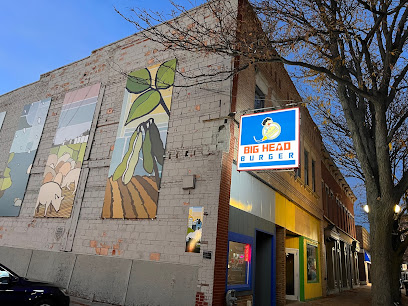
Palmer's Family Fun
Experience high-energy family fun at Palmer's Family Fun in Waterloo, IA, with go-karts, mini-golf, and more for all ages!
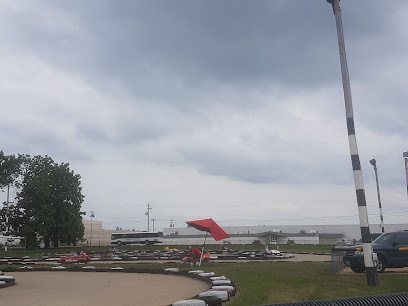
La Placita Taqueria
Experience authentic Mexican flavors at La Placita Taqueria in Waterloo, IA, where traditional cuisine meets a vibrant cultural atmosphere.
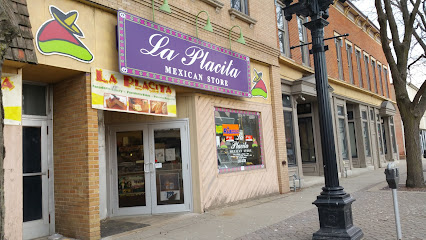
Taqueria Los Reyes
Authentic Mexican flavors in Waterloo, IA. Enjoy delicious tacos and more at Taqueria Los Reyes!
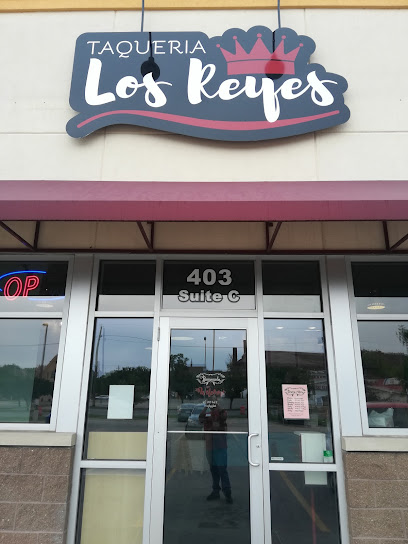
Jameson's Public House
Experience authentic Irish food, drinks, and atmosphere at Jameson's Public House in downtown Waterloo, Iowa.
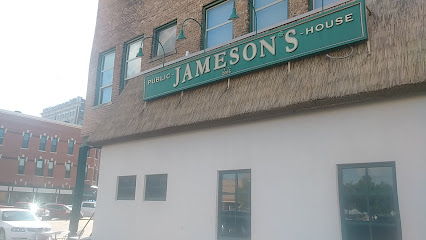
Unmissable attractions to see
Lost Island Waterpark & Adventure Golf & Go-Karts
Experience a tropical getaway in the Midwest at Lost Island Waterpark, with thrilling slides, relaxing pools, and fun for the whole family!
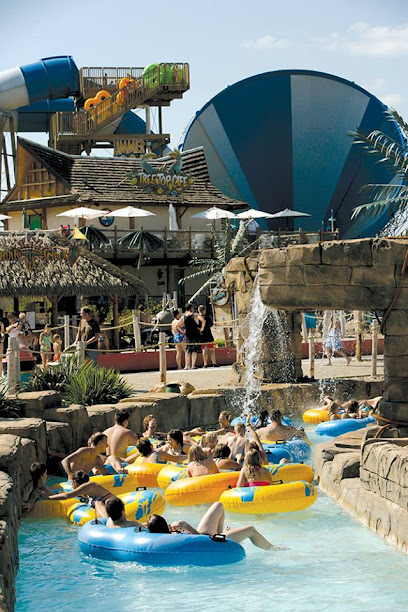
John Deere Tractor & Engine Museum
Explore the rich heritage of agriculture at the John Deere Tractor & Engine Museum, where innovation meets history in Waterloo, Iowa.
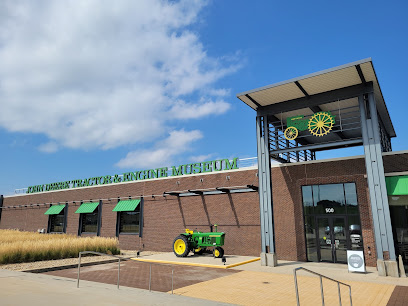
George Wyth State Park
Escape to nature in the heart of the Cedar Valley: hiking, boating, wildlife, and camping await at this Iowa urban sanctuary.
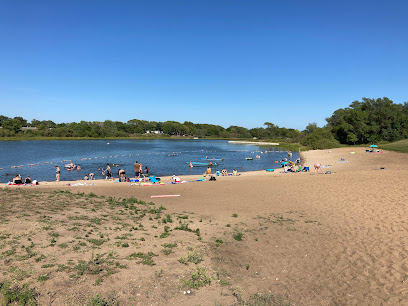
Palmer's Family Fun
Waterloo's ultimate family fun destination: Go-karts, mini-golf, archery tag, and more for an unforgettable day of laughter and excitement!
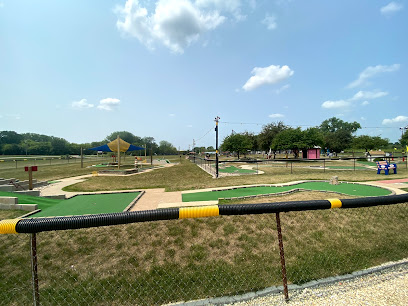
Hartman Reserve Nature Center
Explore diverse habitats and miles of trails at this Cedar Falls nature preserve, a haven for wildlife and outdoor education.
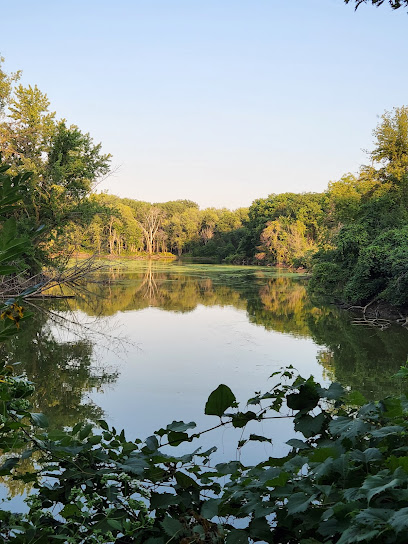
Overman Park
A vibrant park in downtown Cedar Falls hosting community events, concerts, and farmers' markets.
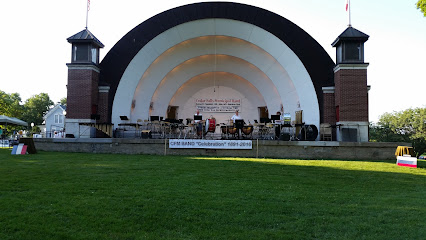
Sullivan Brothers Iowa Veterans Museum & Grout Museum of History & Science
Discover Iowa's past and honor its heroes at the Sullivan Brothers Iowa Veterans Museum & Grout Museum of History & Science in Waterloo.
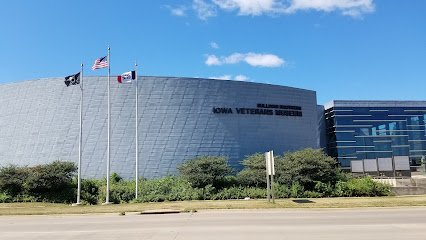
Lost Island Themepark
Explore five enchanting realms at Lost Island Themepark in Waterloo, Iowa, where thrilling rides and immersive adventures await the whole family.
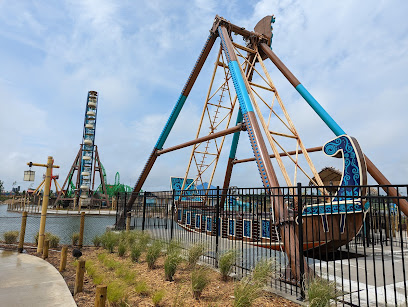
Cedar Valley Arboretum & Botanic Gardens
Discover diverse gardens, tranquil paths, and natural beauty at this Waterloo, Iowa arboretum. A horticultural haven for all ages.
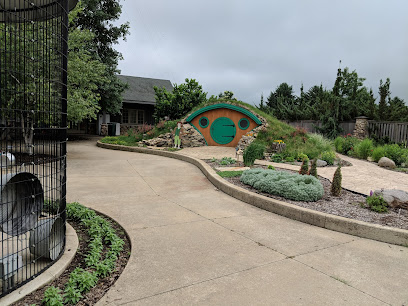
Phelps Youth Pavilion
Ignite creativity and learning at Waterloo's Phelps Youth Pavilion, an interactive art and amusement center for children of all ages.
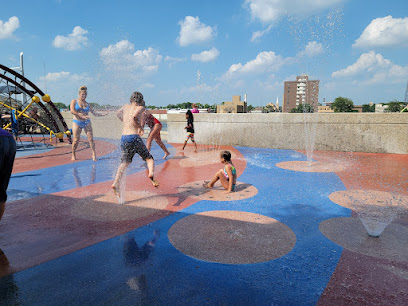
Waterloo Center for the Arts
Explore diverse art collections, engaging exhibits, and live performances at the Waterloo Center for the Arts in downtown Waterloo, Iowa.
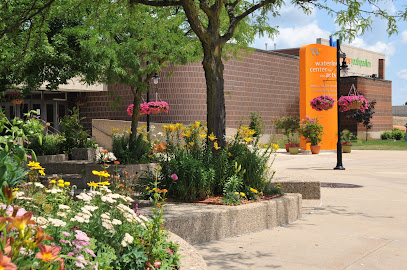
Sunrise Children's Zoo
Get up close with farm animals at Waterloo's Sunrise Children's Zoo! A fun, free, and interactive experience for the whole family.
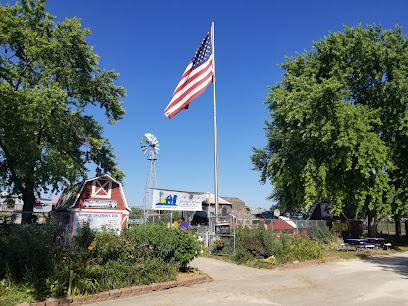
Tibbitts Park
Escape to nature in Waterloo's scenic Tibbitts Park, offering year-round outdoor activities and community events.
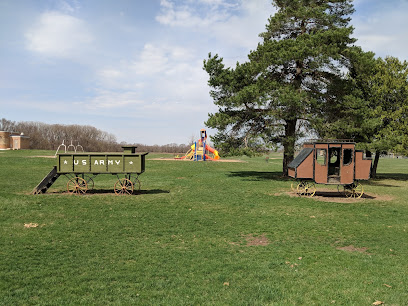
Hope Martin Memorial Park
Escape to nature in the heart of Waterloo at Hope Martin Memorial Park, offering recreation and relaxation for all.
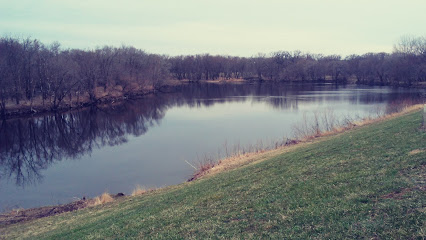
Bluedorn Science Imaginarium
Explore interactive science exhibits for all ages at Waterloo's Bluedorn Science Imaginarium, part of the Grout Museum District.
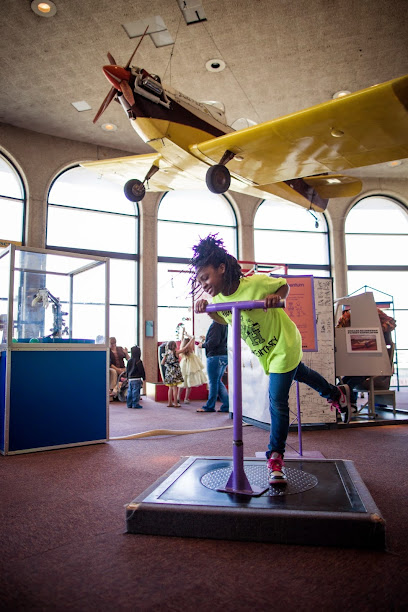
Essential places to dine
LongHorn Steakhouse
Indulge in mouthwatering steaks and classic American fare at LongHorn Steakhouse in Waterloo, Iowa - where flavor meets hospitality.
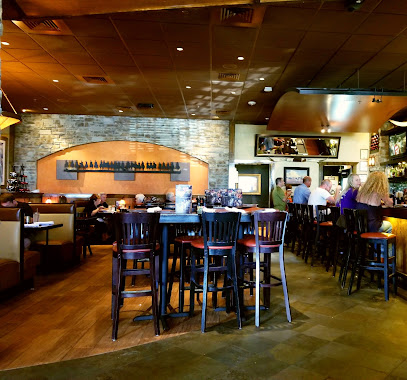
Olive Garden Italian Restaurant
Experience authentic Italian cuisine at Olive Garden in Waterloo - perfect for families and food lovers alike.
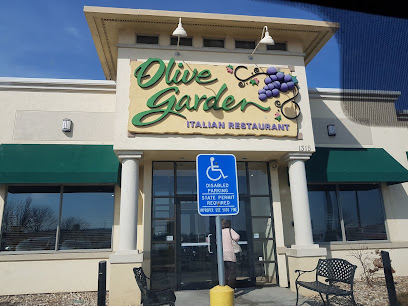
Highway 63 Diner
Discover the charm of Highway 63 Diner in Waterloo - where family-friendly dining meets delicious American comfort food!
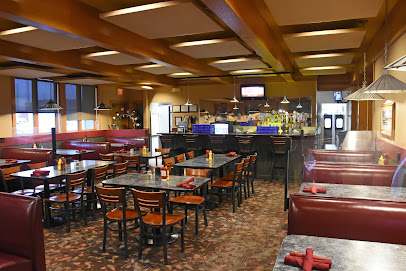
Village Inn
Discover Village Inn in Waterloo: A cozy American restaurant perfect for family breakfasts and indulgent pie delights.
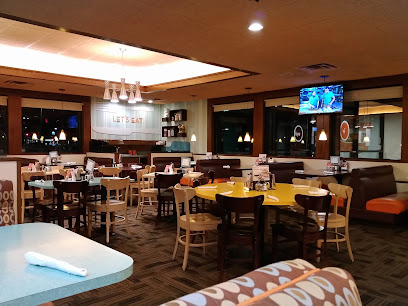
Tokyo Bay Japanese Steakhouse & Sushi Bar
Experience the best of Japanese cuisine at Tokyo Bay with exquisite sushi and interactive teppanyaki dining in Waterloo, Iowa.
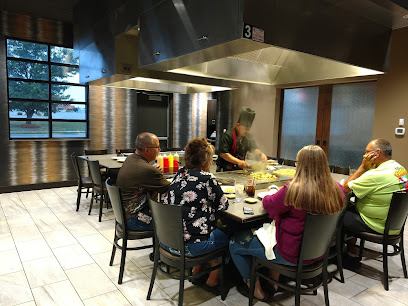
Morg's
Discover Morg's in Waterloo: A charming diner offering delightful brunch options that cater to every taste.
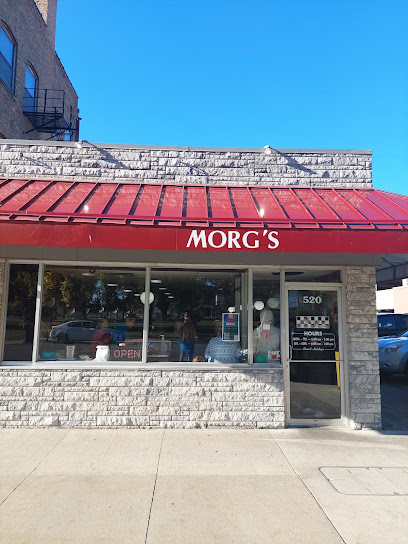
Lj's Neighborhood Bar & Grill
Experience comfort food at its best at Lj's Neighborhood Bar & Grill in Waterloo, Iowa—your go-to spot for delicious American cuisine.
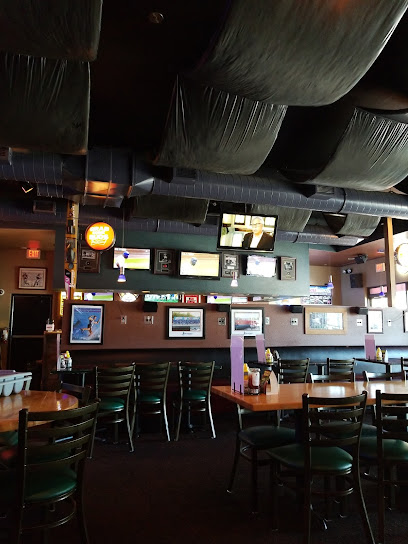
Newton's Paradise Cafe
Discover affordable comfort food at Newton's Paradise Cafe in Waterloo - where every meal feels like home.
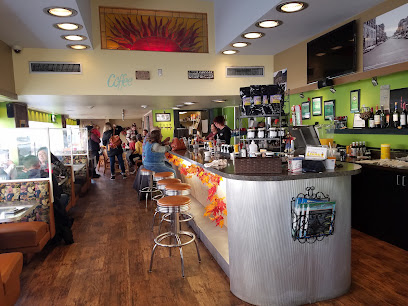
Starbeck's Smokehouse
Discover the authentic taste of Iowa at Starbeck's Smokehouse - where barbecue dreams come true.
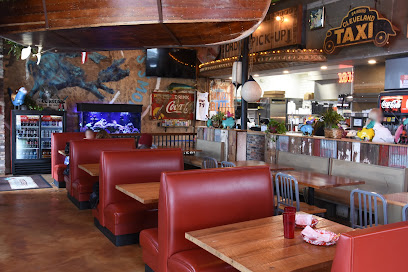
Screaming Eagle American Bar and Grill
Experience delicious American cuisine and vibrant live music at Screaming Eagle American Bar and Grill in Waterloo.
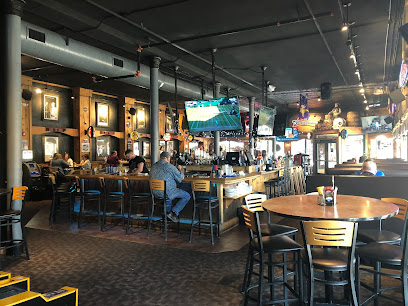
Carlos O'Kelly's - Waterloo
Experience authentic Mexican cuisine at Carlos O'Kelly's - a vibrant restaurant in Waterloo known for its delicious flavors and lively atmosphere.
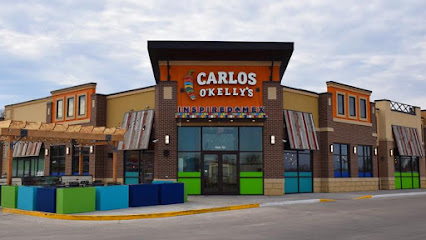
Chilito's Mexican Bar And Grill
Savor authentic Mexican cuisine at Chilito's Mexican Bar And Grill in Waterloo - where every meal is a fiesta!
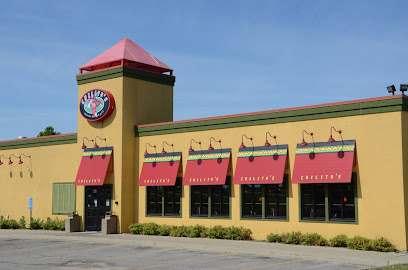
Steamboat Gardens
Explore Steamboat Gardens: A Culinary Delight in Waterloo Offering Unique Dishes at Affordable Prices.
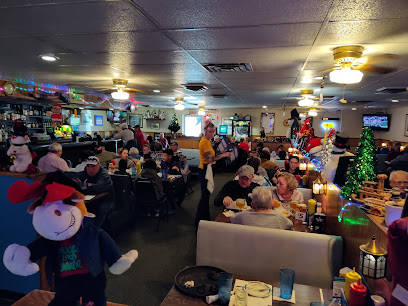
Doughy Joey's Peetza Joynt
Experience the best pizza in Waterloo at Doughy Joey's Peetza Joynt - where flavor meets family-friendly dining.
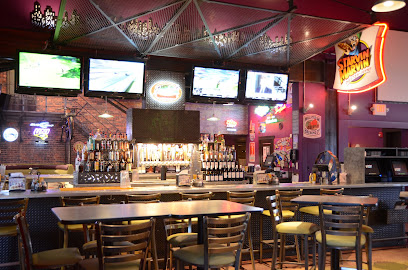
Chapala Family Mexican Restaurant
Experience the authentic taste of Mexico at Chapala Family Mexican Restaurant in Waterloo, Iowa - where every meal is a fiesta!
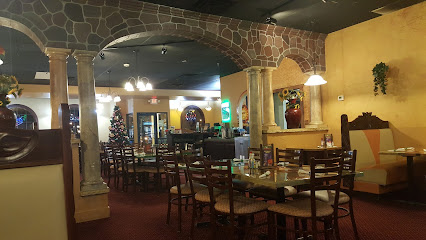
Markets, malls and hidden boutiques
Walmart Supercenter
Explore Walmart Supercenter in Waterloo, Iowa, for an extensive range of affordable groceries, clothing, electronics, and more, all in one convenient location.
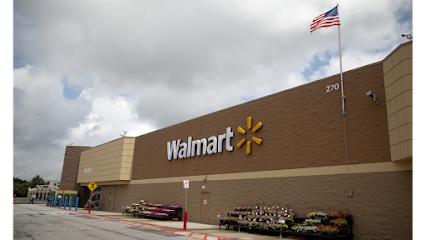
Crossroads Mall
Experience the excitement of shopping and dining at Crossroads Mall, a premier destination in Waterloo, Iowa, for retail therapy and family fun.
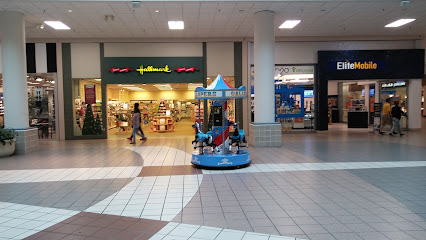
Target
Explore Target in Waterloo, Iowa—your ultimate destination for shopping everything from apparel to electronics and home goods.
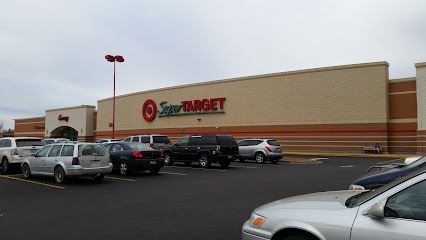
Five Below
Explore Five Below in Waterloo, Iowa, for an exciting shopping adventure filled with trendy gifts, toys, and candy, all for $5 or less.
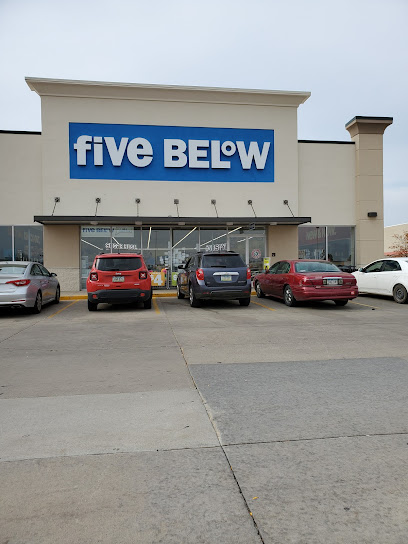
T.J. Maxx
Explore unbeatable deals on fashion and home goods at T.J. Maxx in Waterloo, your ultimate shopping destination for quality and value.
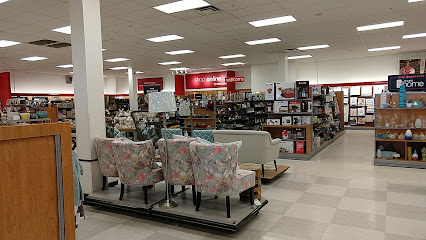
Stuff Etc
Explore Stuff Etc in Waterloo, Iowa – your go-to consignment shop for unique finds, vintage treasures, and budget-friendly shopping.
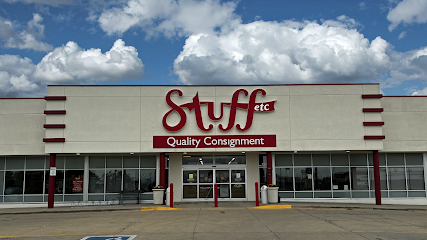
Milroy's Tuxedos - Waterloo Store and Warehouse
Discover Milroy's Tuxedos in Waterloo, your ultimate destination for stylish formal wear, offering a perfect fit for every special occasion.
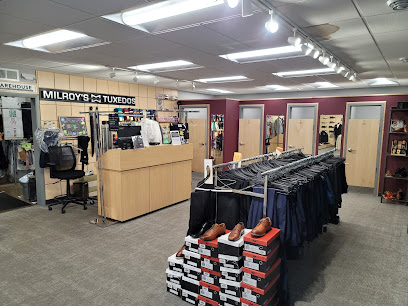
Balkan Cafe & Grocery
Savor authentic Balkan cuisine and explore unique grocery offerings in Waterloo, Iowa at Balkan Cafe & Grocery.
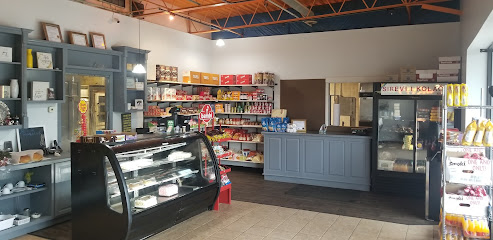
Calico and Company
Explore Calico and Company in Waterloo, Iowa for unique antiques, boutique clothing, and home goods that capture local charm.
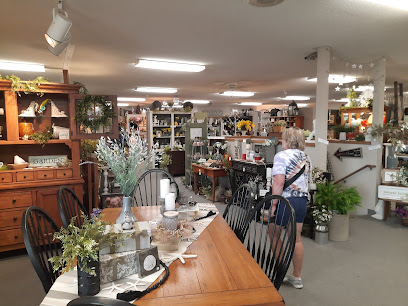
Bonita Things Consignment
Explore Bonita Things Consignment in Waterloo, IA for unique finds and eclectic treasures that celebrate sustainability and creativity.
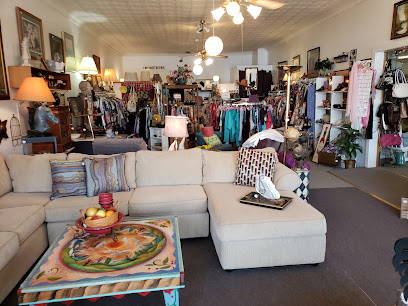
Cedar Valley Coins & Collectibles
Explore a treasure trove of collectibles, from rare coins to vintage records, at Cedar Valley Coins & Collectibles in Waterloo, Iowa.
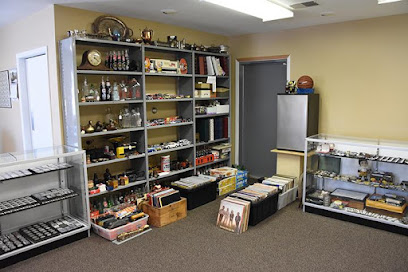
Tri-City Clothing
Explore Tri-City Clothing: Waterloo's stylish menswear destination for quality and contemporary fashion.
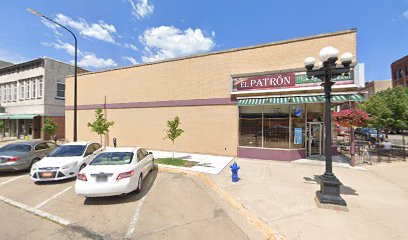
Studded With Love
Explore the enchanting metaphysical supply store, Studded With Love, in Waterloo, Iowa - your destination for spiritual enlightenment and holistic wellness.
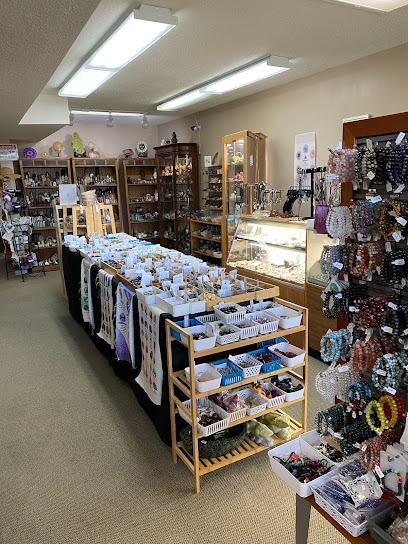
World's Window
Explore Cedar Falls' finest gift shop, offering unique local crafts and memorable souvenirs that capture the spirit of Iowa.
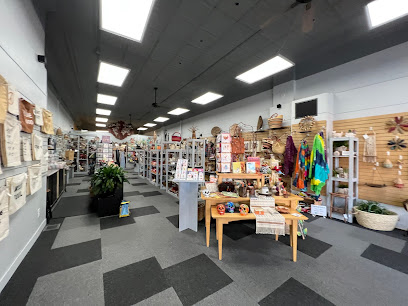
Epic Finds
Discover unique and stylish furniture at Epic Finds in Waterloo, Iowa—a perfect destination for those seeking distinctive home decor.
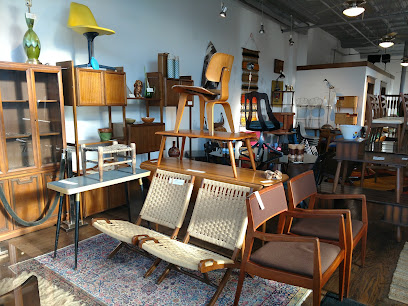
Essential bars & hidden hideouts
Lj's Neighborhood Bar & Grill
Discover the taste of America at Lj's Neighborhood Bar & Grill, a cozy spot in Waterloo, Iowa, renowned for its delicious cuisine and welcoming ambiance.
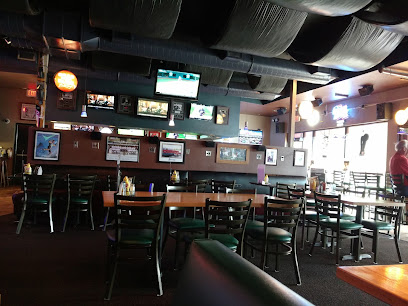
Screaming Eagle American Bar and Grill
Discover the lively ambiance and delicious American cuisine at Screaming Eagle American Bar and Grill in Waterloo, Iowa.
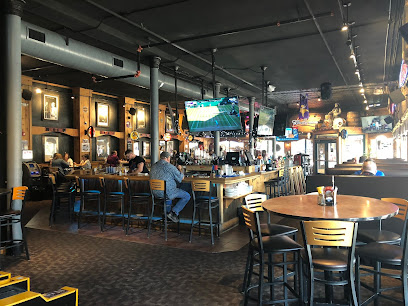
Buzz's Bar
Experience the vibrant nightlife and friendly service at Buzz's Bar in Waterloo, Iowa, your go-to spot for drinks and socializing.
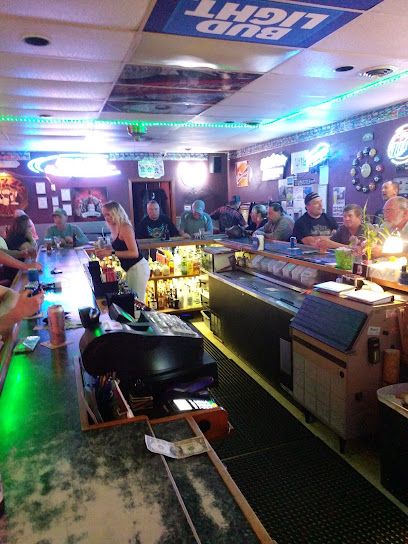
Locker Room Lounge
Discover the lively Locker Room Lounge in Waterloo, Iowa, an ideal bar for socializing, enjoying drinks, and catching live sports events.
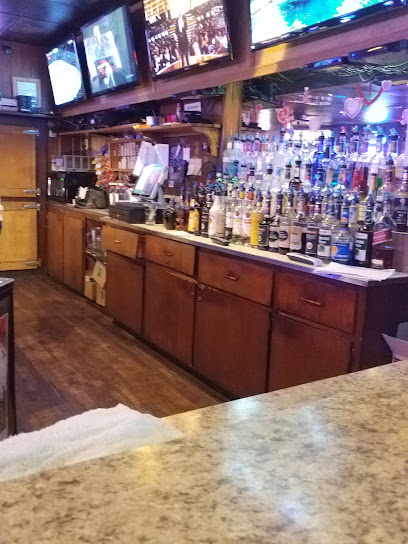
Dad's Pub
Dad's Pub in Waterloo, Iowa, offers a cozy atmosphere with diverse drinks and friendly service, perfect for a memorable night out.
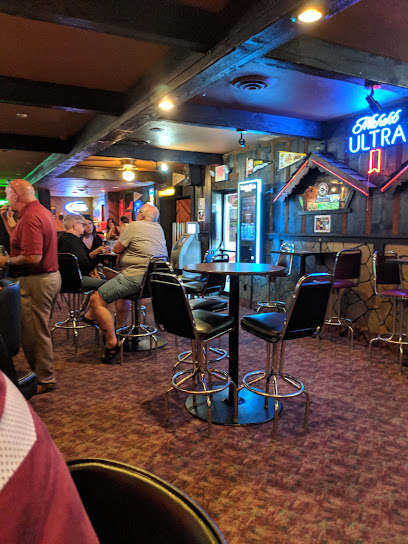
Chasers Pub
Experience the vibrant atmosphere and affordable drinks at Chasers Pub, a local favorite bar in Waterloo, perfect for tourists seeking a fun night out.
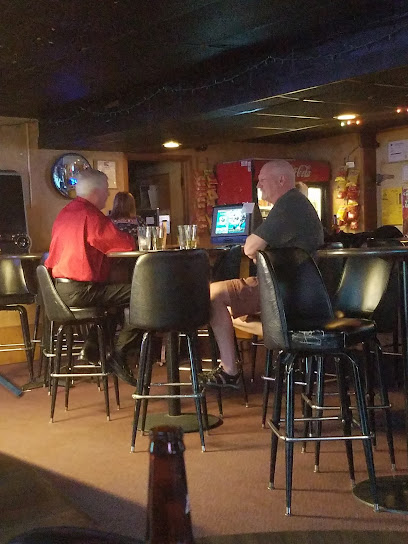
SAC's Neighborhood Pub
Discover the vibrant atmosphere of SAC's Neighborhood Pub in Waterloo, where friendly locals and affordable drinks create an unforgettable experience.
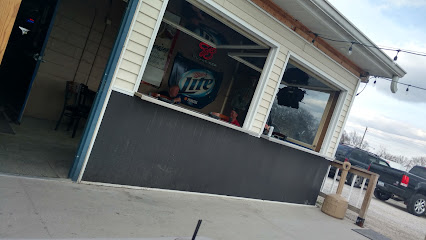
Smitty's Bar
Experience the vibrant nightlife of Waterloo at Smitty's Bar, offering an array of drinks and a friendly atmosphere perfect for relaxation.
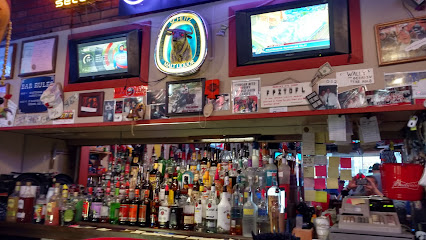
Broken Record
Experience the lively atmosphere and local flavors at Broken Record, Waterloo's favorite bar for drinks and live music.
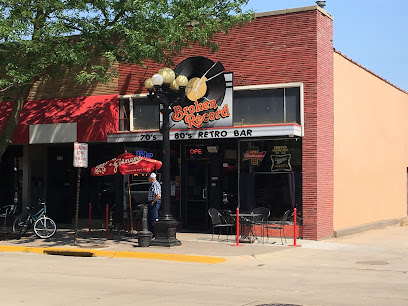
Behar Bar
Experience the vibrant fusion of American and Bosnian cultures at Behar Bar in Waterloo, Iowa, where great drinks and a lively atmosphere await.
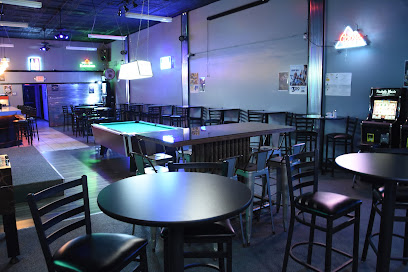
The Loft
Discover The Loft in Waterloo, Iowa – where great drinks, lively ambiance, and friendly faces create unforgettable memories.
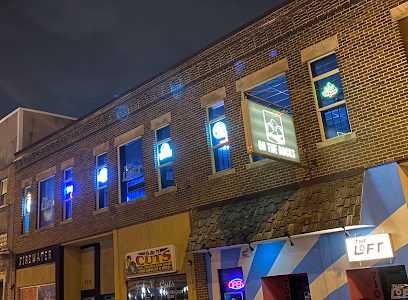
The Comfort Zone Bar & Grill Waterloo,Iowa 50703
Indulge in delicious grill favorites and a warm atmosphere at The Comfort Zone Bar & Grill in Waterloo, Iowa, perfect for tourists and locals alike.
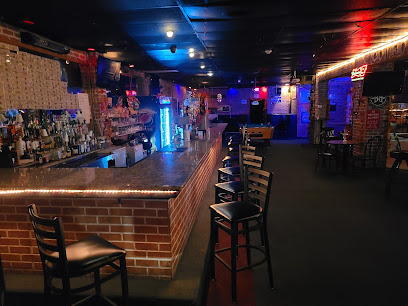
Park Road Inn
Discover the charming Park Road Inn in Waterloo, Iowa - a cozy bar with a vibrant atmosphere and a diverse drink selection.
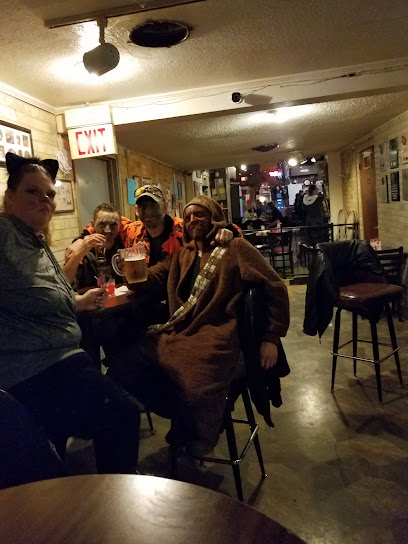
Ari'z Supper Club & Martini Lounge
Experience the perfect fusion of fine dining and vibrant nightlife at Ari'z Supper Club & Martini Lounge in Waterloo, Iowa.
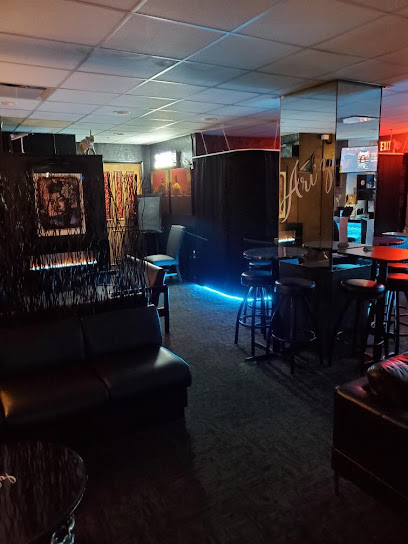
Local Phrases
-
- HelloHey
[hey] - GoodbyeSee ya
[see ya] - YesYep
[yep] - NoNah
[nah] - Please/You're welcomePlease/No problem
[please/no problem] - Thank youThanks
[thanks] - Excuse me/SorrySorry
[sorry] - How are you?How ya doin'?
[how ya doin'] - Fine. And you?Good. You?
[good. you?] - Do you speak English?Ya speak English?
[ya speak english?] - I don't understandI don't get it
[i don't get it]
- HelloHey
-
- I'd like to see the menu, pleaseMenu, please
[menu, please] - I don't eat meatNo meat for me
[no meat for me] - Cheers!Cheers!
[cheers!] - I would like to pay, pleaseCheck, please
[check, please]
- I'd like to see the menu, pleaseMenu, please
-
- Help!Help!
[help!] - Go away!Get lost!
[get lost!] - Call the Police!Call the cops!
[call the cops!] - Call a doctor!Get a doc!
[get a doc!] - I'm lostI'm lost
[i'm lost] - I'm illI'm sick
[i'm sick]
- Help!Help!
-
- I'd like to buy...I wanna buy...
[i wanna buy...] - I'm just lookingJust browsing
[just browsing] - How much is it?How much?
[how much?] - That's too expensiveToo pricey
[too pricey] - Can you lower the price?Can ya do better?
[can ya do better?]
- I'd like to buy...I wanna buy...
-
- What time is it?What time is it?
[what time is it?] - It's one o'clockIt's one
[it's one] - Half past (10)Half past ten
[half past ten] - MorningMorning
[morning] - AfternoonAfternoon
[afternoon] - EveningEvening
[evening] - YesterdayYesterday
[yesterday] - TodayToday
[today] - TomorrowTomorrow
[tomorrow] - 1One
[one] - 2Two
[two] - 3Three
[three] - 4Four
[four] - 5Five
[five] - 6Six
[six] - 7Seven
[seven] - 8Eight
[eight] - 9Nine
[nine] - 10Ten
[ten]
- What time is it?What time is it?
-
- Where's a/the...?Where's the...?
[where's the...?] - What's the address?The address?
[the address?] - Can you show me (on the map)?Show me on the map
[show me on the map] - When's the next (bus)?Next bus?
[next bus?] - A ticket (to ....)One ticket (to ...)
[one ticket (to ...)]
- Where's a/the...?Where's the...?
History of Waterloo
-
Waterloo, Iowa, was founded in 1845 by George and Mary Hanna. The couple established a log cabin near the Cedar River, which would become the nucleus of the future city. The early settlement attracted pioneers due to its fertile land and the river's potential for transportation and industry.
-
The Cedar River played a pivotal role in Waterloo's development. In the mid-19th century, the river enabled the establishment of flour mills, sawmills, and other industries, transforming Waterloo into an industrial hub. The arrival of the Illinois Central Railroad in 1861 further accelerated the city's growth, making it a key transportation and manufacturing center in the region.
-
Founded in 1891, the Rath Packing Company became one of Waterloo's most significant employers and a major player in the meatpacking industry. At its peak, the company was the largest meatpacker west of Chicago, providing jobs to thousands and shaping the city's economic landscape for decades. Although the company eventually closed in the 1980s, its legacy remains an integral part of Waterloo's industrial history.
-
John Deere arrived in Waterloo in 1918 with the acquisition of the Waterloo Gasoline Engine Company. The move marked the beginning of a long and prosperous relationship between the city and the iconic agricultural machinery manufacturer. John Deere's presence in Waterloo has driven innovation in farming equipment and provided substantial employment opportunities, cementing the city's reputation as a center for agricultural advancement.
-
In June 2008, Waterloo experienced one of the most devastating floods in its history. The Cedar River surged to record levels, overwhelming levees and inundating large portions of the city. The flood caused extensive damage to homes, businesses, and infrastructure, prompting a massive recovery and rebuilding effort. The community's resilience and determination during this period highlighted the strong spirit of Waterloo's residents.
-
Waterloo is known for its rich cultural diversity, with a community that includes significant African American, Bosnian, and Latino populations. This diversity is celebrated through various cultural festivals, events, and institutions, such as the annual Iowa Irish Fest and the Grout Museum District. The city's commitment to honoring its diverse heritage contributes to a vibrant and inclusive community atmosphere.
-
Waterloo is the hometown of the Sullivan brothers, five siblings who all tragically lost their lives while serving on the USS Juneau during World War II. Their sacrifice is commemorated at the Sullivan Brothers Iowa Veterans Museum, which honors the contributions and sacrifices of Iowa's veterans. The museum serves as a poignant reminder of the city's deep military connections and the impact of war on local families.
Waterloo Essentials
-
Waterloo is located in northeastern Iowa. The closest major airport is Waterloo Regional Airport (ALO), which offers flights connecting to larger hubs. Alternatively, you can fly into Eastern Iowa Airport (CID) in Cedar Rapids, which is about an hour's drive from Waterloo. For those traveling by car, Waterloo is accessible via Interstate 380 and U.S. Highway 218. Greyhound and other bus services also provide routes to Waterloo, making it fairly easy to reach by public transportation.
-
Waterloo has a variety of transportation options to help you get around. MET Transit provides bus services throughout the city, with routes covering major attractions and neighborhoods. Taxis and ride-sharing services such as Uber and Lyft are also readily available. Renting a car is another convenient option, especially if you plan to explore the surrounding areas. Biking is encouraged, and several bike trails are available. Waterloo is a walkable city, especially in the downtown area, making it easy to explore on foot.
-
The official currency in Waterloo, like the rest of the United States, is the U.S. Dollar (USD). Credit and debit cards are widely accepted in most establishments, including hotels, restaurants, and shops. ATMs are plentiful, so you can easily withdraw cash if needed. Mobile payment options such as Apple Pay and Google Wallet are also becoming more common. It’s a good idea to carry some cash for small purchases, especially in more rural areas or at local markets.
-
Waterloo is generally a safe city for tourists, but it’s always wise to take standard precautions. Areas in downtown Waterloo are generally safe, but it's advisable to avoid certain neighborhoods like the Church Row Historic District and areas around Logan Avenue after dark due to higher crime rates. Always keep your belongings secure and be aware of your surroundings, especially in crowded places and public transportation hubs.
-
In case of an emergency, dial 911 for immediate assistance. Waterloo has several hospitals, including UnityPoint Health - Allen Hospital and MercyOne Waterloo Medical Center, offering comprehensive medical services. Pharmacies are widely available for minor health issues. It's recommended to have travel insurance that covers medical emergencies. The local police and fire departments are efficient and responsive, ensuring safety and security throughout the city.
-
Fashion: Do dress comfortably and casually, but avoid overly revealing clothing. Layers are advisable due to variable weather conditions. Religion: Do respect local customs when visiting places of worship. Public Transport: Do offer your seat to elderly or disabled passengers. Don't be loud or disruptive. Greetings: Do greet people with a friendly handshake or a smile. Eating & Drinking: Do try local specialties like tenderloins and loose-meat sandwiches. Don’t leave a large tip; 15-20% is customary in restaurants.
-
To experience Waterloo like a local, visit the Saturday Farmers Market for fresh produce and local crafts. Head to the RiverLoop Amphitheatre for outdoor concerts and events. Explore the Cedar Valley Trails for biking and hiking, and don't miss the Grout Museum District for a deep dive into local history. Engaging with locals at coffee shops and diners can also offer unique insights into the community and its culture.
Trending Landmark in Waterloo
-
Crossroads Mall
-
Lost Island Waterpark & Adventure Golf & Go-Karts
-
Morg's
-
John Deere Tractor & Engine Museum
-
George Wyth State Park
-
Screaming Eagle American Bar and Grill
-
Steamboat Gardens
-
SingleSpeed Brewing Co.
-
Young Arena
-
The Other Place
-
Big Head Burger
-
Palmer's Family Fun
-
La Placita Taqueria
-
Taqueria Los Reyes
-
Jameson's Public House
Nearby Cities to Waterloo
-
Things To Do in Cedar Rapids
-
Things To Do in Mason City
-
Things To Do in Iowa City
-
Things To Do in Ames
-
Things To Do in Ankeny
-
Things To Do in Dubuque
-
Things To Do in Des Moines
-
Things To Do in Fort Dodge
-
Things To Do in Urbandale
-
Things To Do in West Des Moines
-
Things To Do in Muscatine
-
Things To Do in Ottumwa
-
Things To Do in La Crosse
-
Things To Do in Davenport
-
Things To Do in Winona








